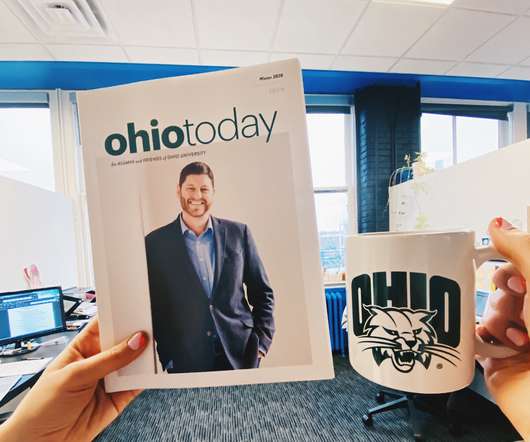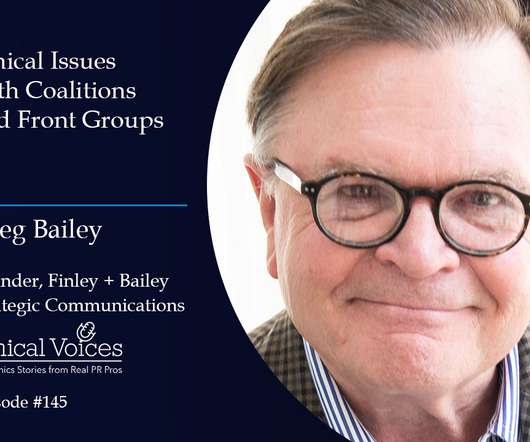6 Ways to Improve Your Business Expertise and Strengthen Your Ethical Core
PRSay
SEPTEMBER 1, 2017
Each September, PRSA recognizes Public Relations Ethics Month, supported by programs presented by the PRSA Board of Ethics and Professional Standards (BEPS). This year’s theme, Public Relations Ethics: Strengthening Our Core, guides a special focus on the six core values highlighted in the PRSA Code of Ethics.














Let's personalize your content